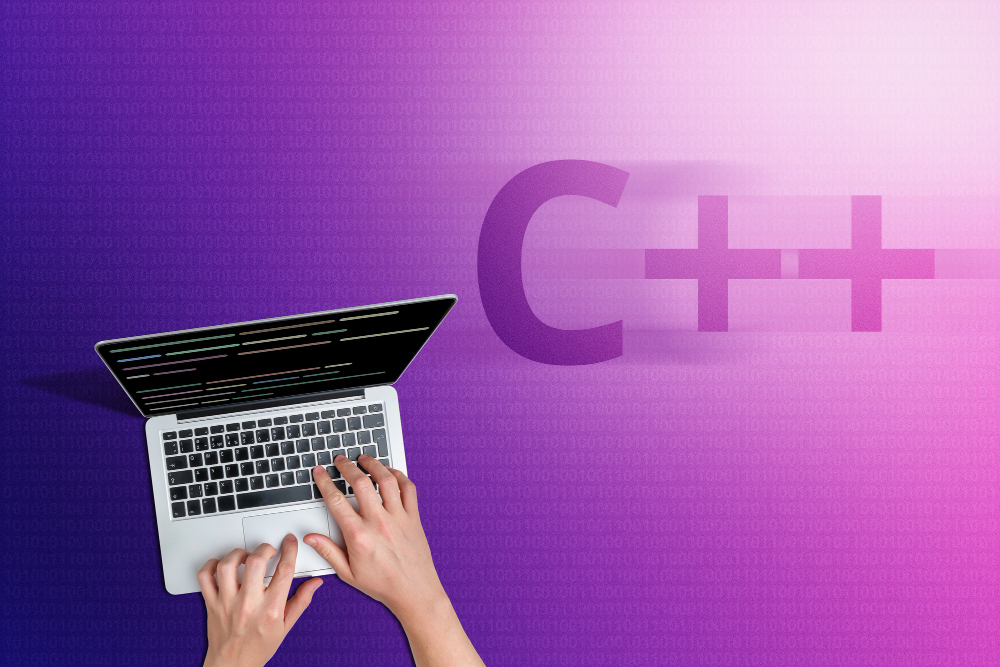
Core Java
Master the fundamentals of Java programming and kickstart your journey into software
development with this comprehensive course.
Frequently Asked Questions
Core Java is the important part of Java SE, based on object-oriented programming (OOP) principles that are designed to provide libraries that assist in I/O, networking, as well as collections among others thus acting as an underpinning for more complex Java topics.
The hardness of Core Java is subject to how much you know about programming. Here is a comprehensive description: • For someone who is just starting out – there might be some challenge involved because things such as OOP may not have been introduced before and one might have to get used to its syntax. • Programmers who know another language, especially an object-oriented one will find Core Java more comprehensible. With appropriate learning materials and repeated exposure people can master Core Java.
For most programming jobs, you may need more than just Core Java to adequately prepare yourself. Here are a few reasons why that is so: 1. Jobs involved a lot with web development, mobile apps or data science (actual jobs!) 2. The coverage of frameworks and libraries in modern development is not comprehensive within Core Java All the same, Core Java is a potent component. Specifically; it ∙ Is a must have for understanding OOP principles and basic programming concepts. · Leads to an easy grasp of core java concepts.
Start from basic: data types, variables, operators, control flow. There are many online tutorials to help you. OOP Core: Basic Attributes of Java: Activities and Projects: Probably Below Core Java:
Object-Oriented Programming (OOP) Inheritance Encapsulation Polymorphism
This programming language is called Java in its entirety, not core Java. Core Java is a term used to separate fundamental parts of the language from its multiple extensions and frameworks.
The primary difference is: Java is a complete programming language that comprises: Basic Java (the base) Java libraries or frameworks for different purposes (e.g., spring web development, Android mobile development) Sophisticated matters such as concurrency and multithreading Database interaction, network access, and other API’s Core Java is an essential aspect of the Java programming language that is concerned with basic units that form general-purpose applications especially those designed for desktop platforms. This aspect deals with: Object-Oriented Programming (OOP) concepts based on such concepts as classes, objects, inheritance_encapsulation, and polymorphism. Core libraries for common tasks such as input/output (I/O), networking, and data structures (collections).
Several factors depend on how long it will need for learning Core Java: In case of complete unfamiliarity with any code writing practices whatsoever, mastering it might prove tougher than for another person who has knowledge of different languages. Need for regular study if one wants to grasp things properly. Different individuals have their unique way of grasping new ideas whether through classroom session type lessons only provided by one institute or working alone via various internet resources such as websites that provide step-by-step guides.
When using Core Java, we emphasize such Java building blocks as classes, objects, inheritance, encapsulation, and polymorphism. It also provides essential libraries for doing input/output operations, network programming, along with data structure implementation, so that a beginner can write simple programs and develop small desktop applications. A Java Developer is someone who applies their Java knowledge by building software applications. The software application includes Core Java, frameworks(JavaFX,Android,Spring ), some libraries like JavaFX, JavaFX APIs (JDBC) as well as software development methodologies specific to designing, testing and deploying applications written in this language.
Java fundamental topics are discussed in Core Java necessary for the development of software applications for desktop use. Key topics are: Fundamentals like data types, variables & operators and control flow statements. Object-Oriented Programming (OOP) that include classes and objects, inheritance, encapsulation and polymorphism. Exception Handling, Arrays, Strings, Input/Output (I/O), Collections Framework like ArrayList, HashMap, LinkedList.
- Develop a strong foundation in Java programming concepts, including variables, data types, operators, control flow, and methods.
- Gain proficiency in object-oriented programming (OOP) principles, such as classes, objects, inheritance, polymorphism, and encapsulation.
- Learn to work with arrays, strings, and advanced data structures like lists, stacks, and queues.
- Explore exception handling and file I/O operations.
- Write clean, efficient, and well-structured Java code.




